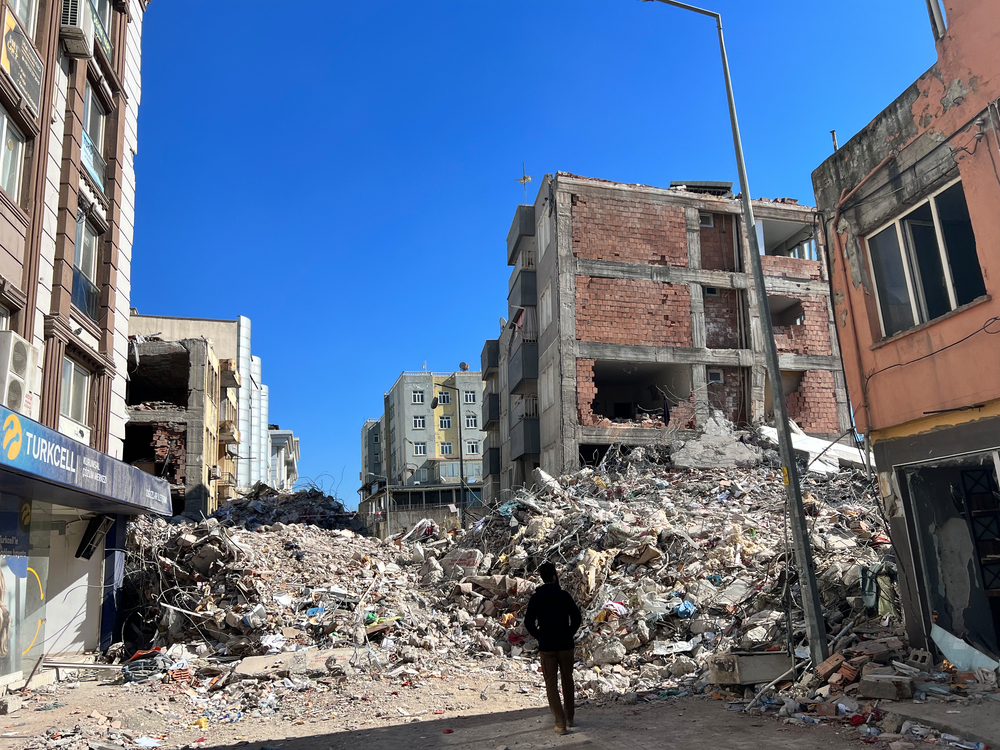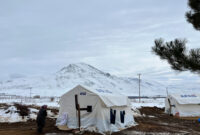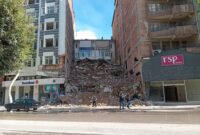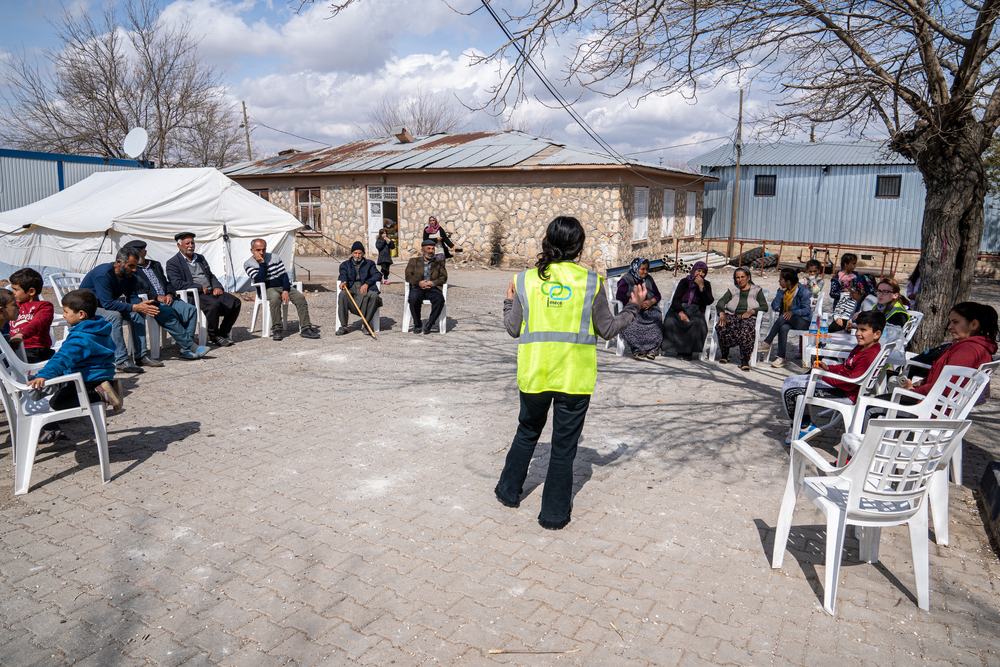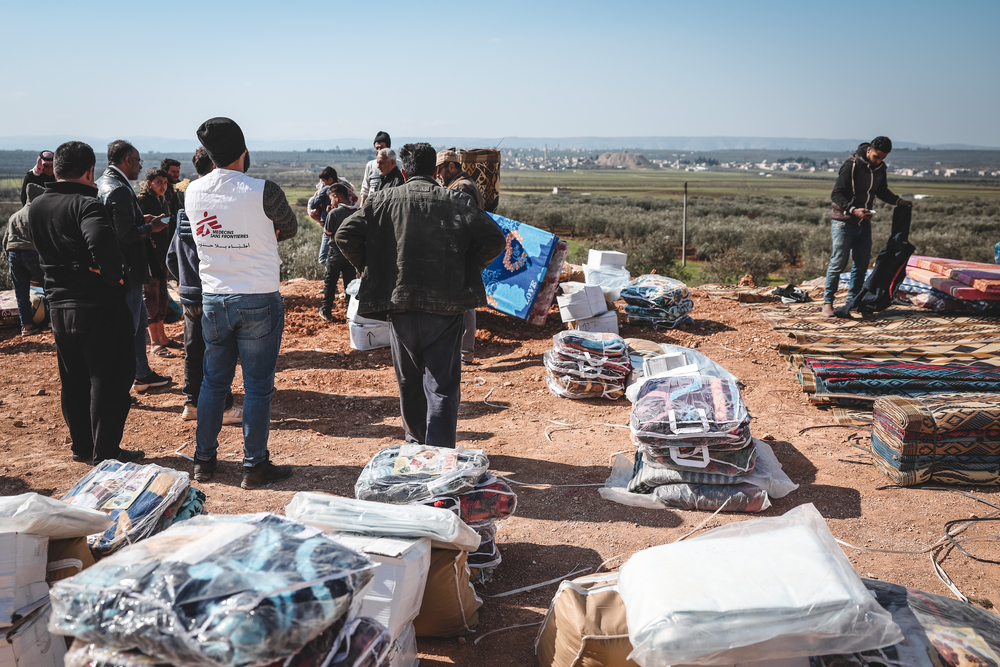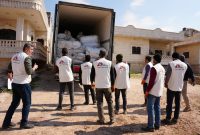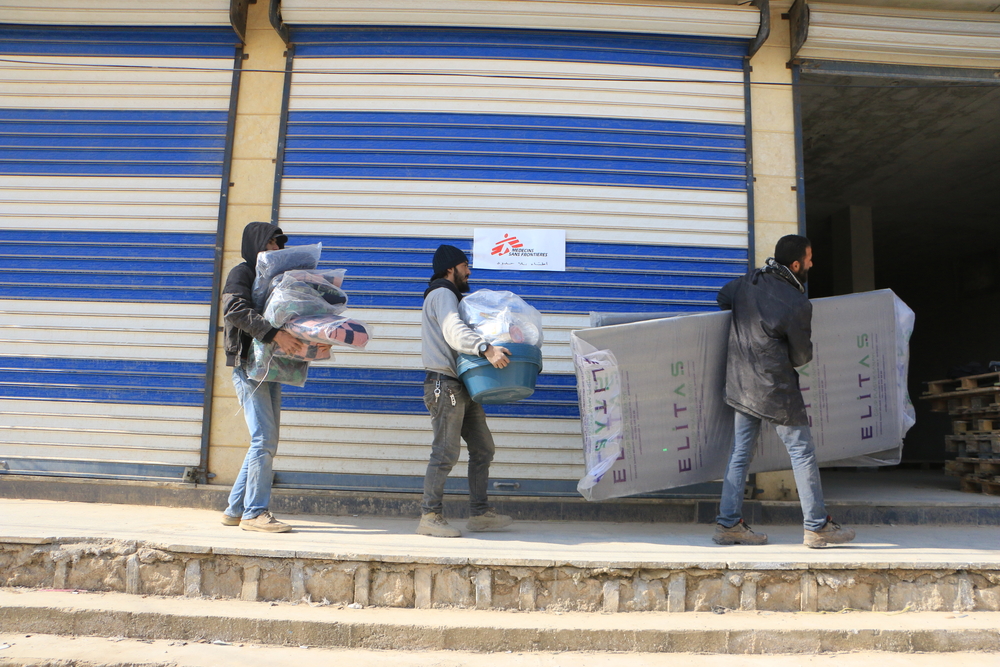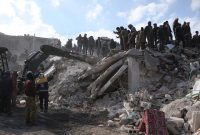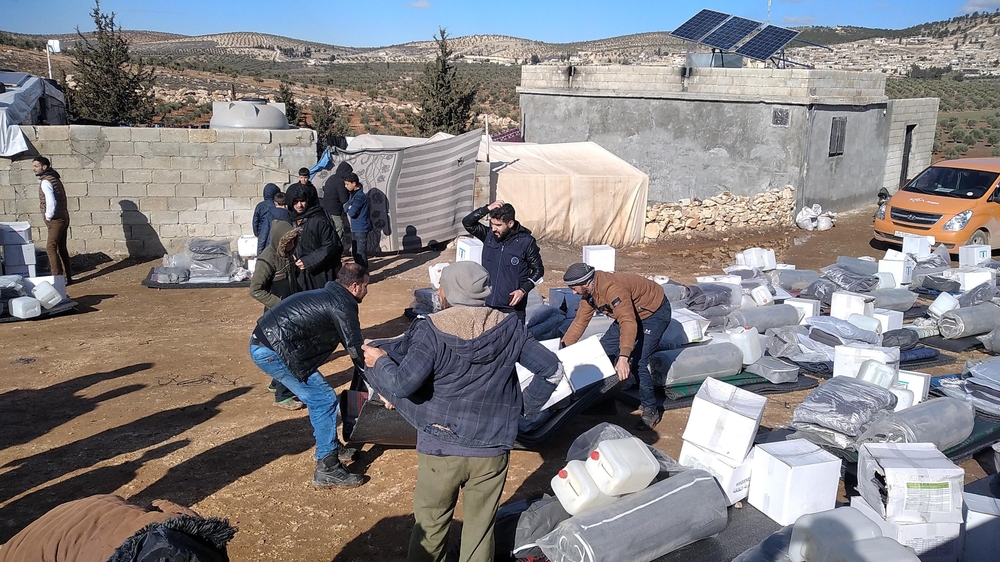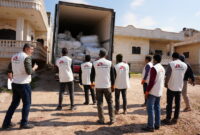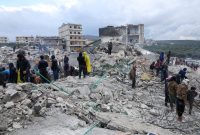Türkiye: “It is important to be flexible in this response given the magnitude of the disaster”
Logistics coordinator Ricardo Martínez is the leader of one of the first MSF emergency teams to arrive in Türkiye following the Feb. 6 earthquakes. He describes the situation in the city of Adiyaman.
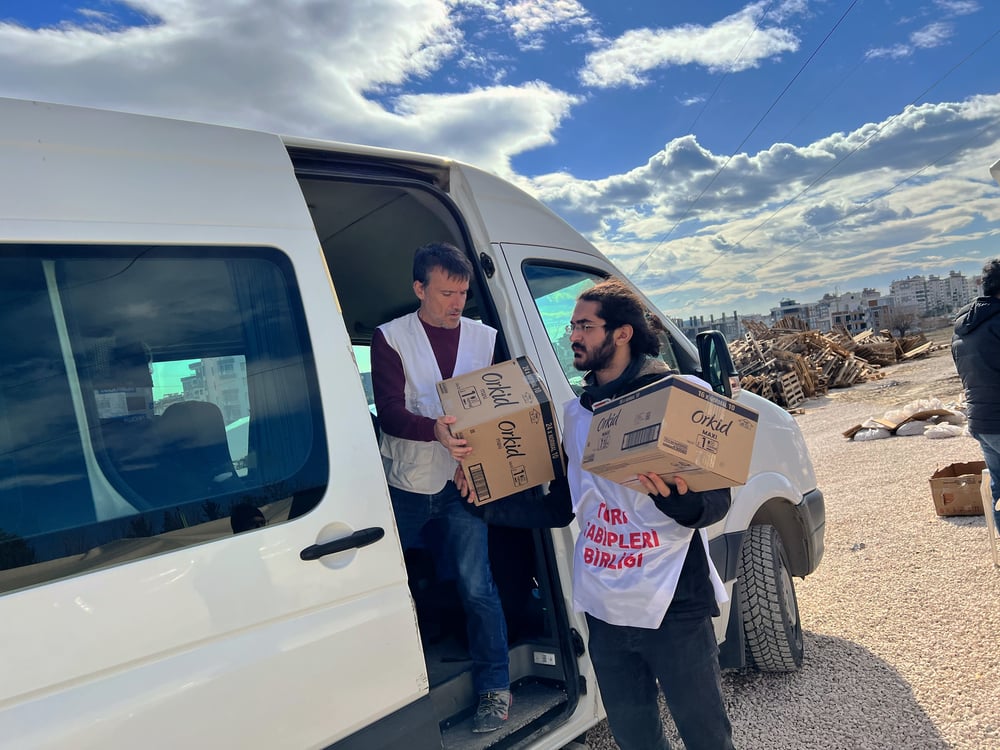
“I left for southern Türkiye just after the earthquakes struck, as part of the first emergency team sent by Médecins Sans Frontières/Doctors Without Borders (MSF) from Spain. Unlike Syria, where we have been working since the beginning of the war, in Türkiye we did not have established activities in the affected area.
The first thing we do in these situations is to identify the most neglected places, where the least aid has reached, and assess people’s needs. We also contact local authorities and organisations to see how we can provide added value with our support.
We decided to head for the city of Adiyaman. The most direct road from the nearest airport had been damaged by the earthquakes so we went the long way round.
Arriving in the city, which had nearly 300,000 inhabitants before the catastrophe, my first impression was of chaos. Search and rescue teams were working non-stop to find survivors. People were taking turns to wait next to collapsed buildings, hoping to find their loved ones alive, or at least to find their bodies so that they could have a dignified burial and not be taken to a common grave.
In Adiyaman, hundreds and hundreds of buildings have been completely destroyed. A significant proportion of the city is severely damaged, while many of the remaining buildings have cracks and other issues. Bulldozers are already removing tons of rubble. The authorities are inspecting the buildings that are still standing. People are very afraid of going back to their homes because there are still aftershocks from time to time, so no one in this city is staying in their home right now.
Many informal camps for displaced people have sprung up in open spaces – in stadiums, squares, in the middle of streets. A couple of the camps are large but mostly are relatively small. There are tents scattered across almost every corner of the city, away from buildings but not too far from the survivors’ homes. Many people are sleeping in their cars to protect themselves from the cold. We are in the middle of winter and temperatures here can reach 10 degrees below zero at night.
Adiyaman is a ghost town now. There’s little life: only a few gas stations are open; banks, businesses and almost all stores are closed.

Some of the city’s population, especially the economically better off, have left in their cars; the government has also facilitated travel by bus, plane and train from affected cities to places like Istanbul, Ankara and Antalya. Many other people have chosen to go to rural areas around the cities. The destruction there has been less, but with displaced people arriving from other places, they also need humanitarian aid. In the villages and small towns, it is common to see 20 or 30 people living in houses of just a few rooms.
People are sad and desperate; they are anxious and uncertain about the future. Many are reliving their experiences in their minds and believe it could happen again.
Despite a significant response by authorities and Turkish civil society, the help on offer is small compared to the enormity of the situation. At the moment, people really need shelter, latrines, showers, water, heating systems, winter clothing, generators, blankets, hygiene kits and cleaning products.
We’re not registered in Türkiye so we are working through various NGOs and local civil society groups to provide the most urgently needed assistance. This has included donating essential relief items, providing transport to take people to mobile clinics on the outskirts of Adiyaman, and generating energy in two camps for displaced people.
Soon our teams will start providing mental health support, which is crucial given the suffering that people have experienced, and we plan to set up mobile pharmacies and help points. We hope to do much more and to contribute our experience in emergency situations. It is important to be flexible in this response given the magnitude of the disaster and the rapidly changing situation.”
